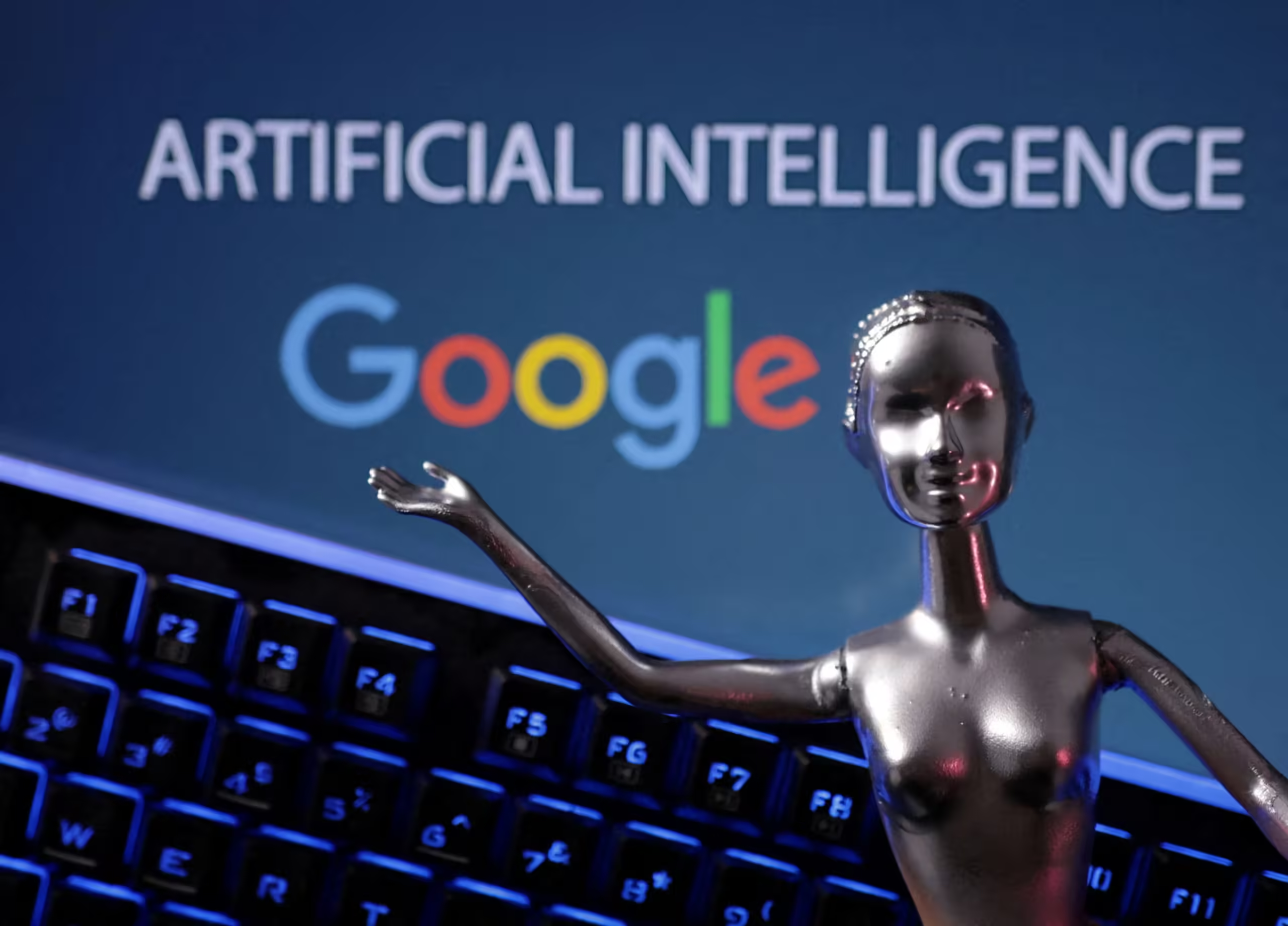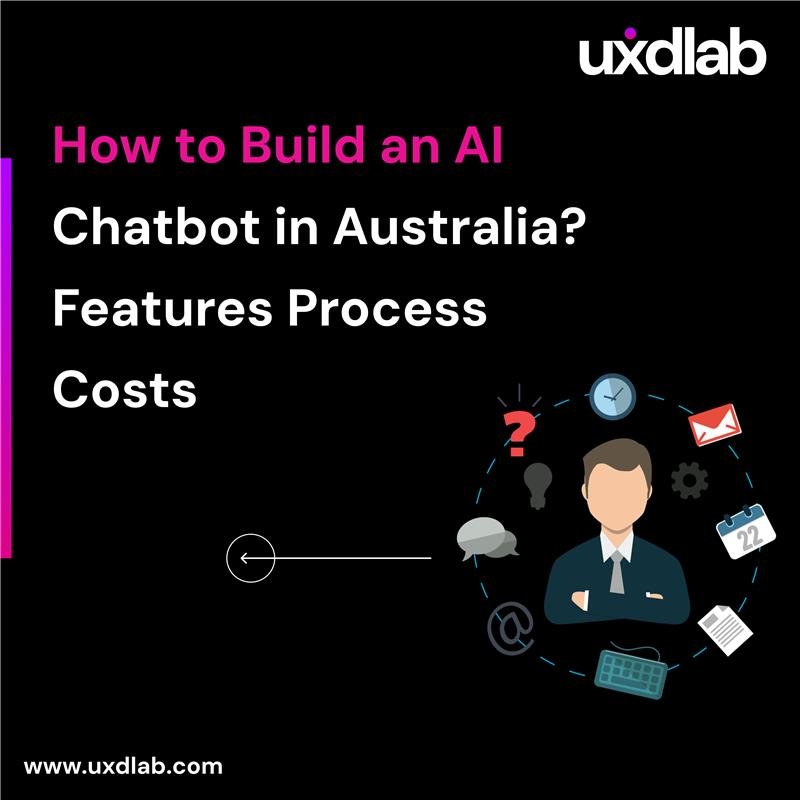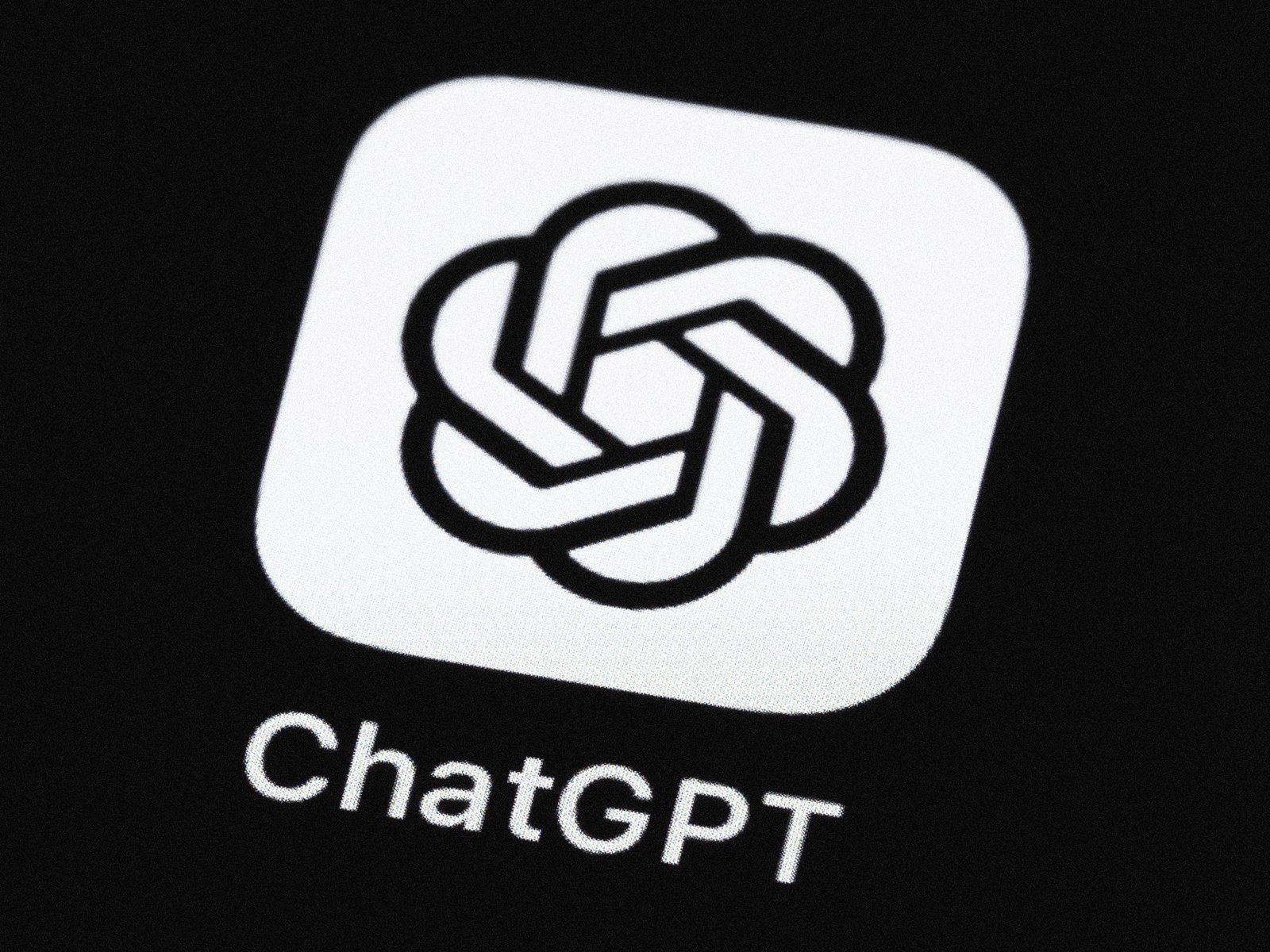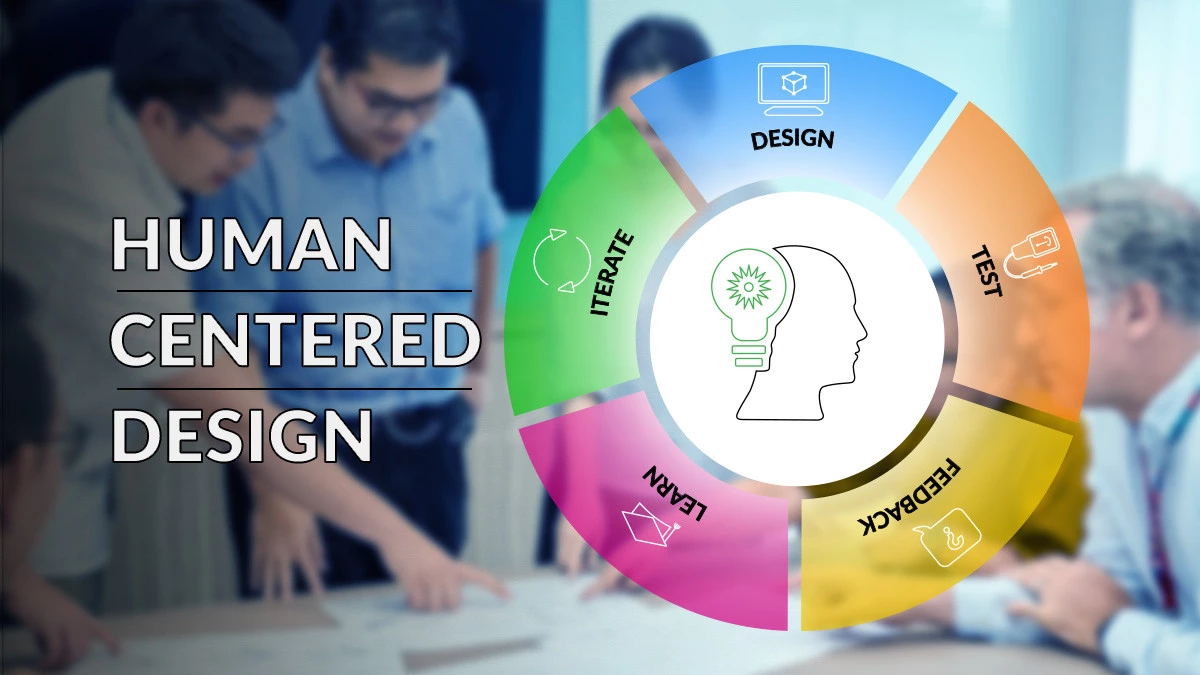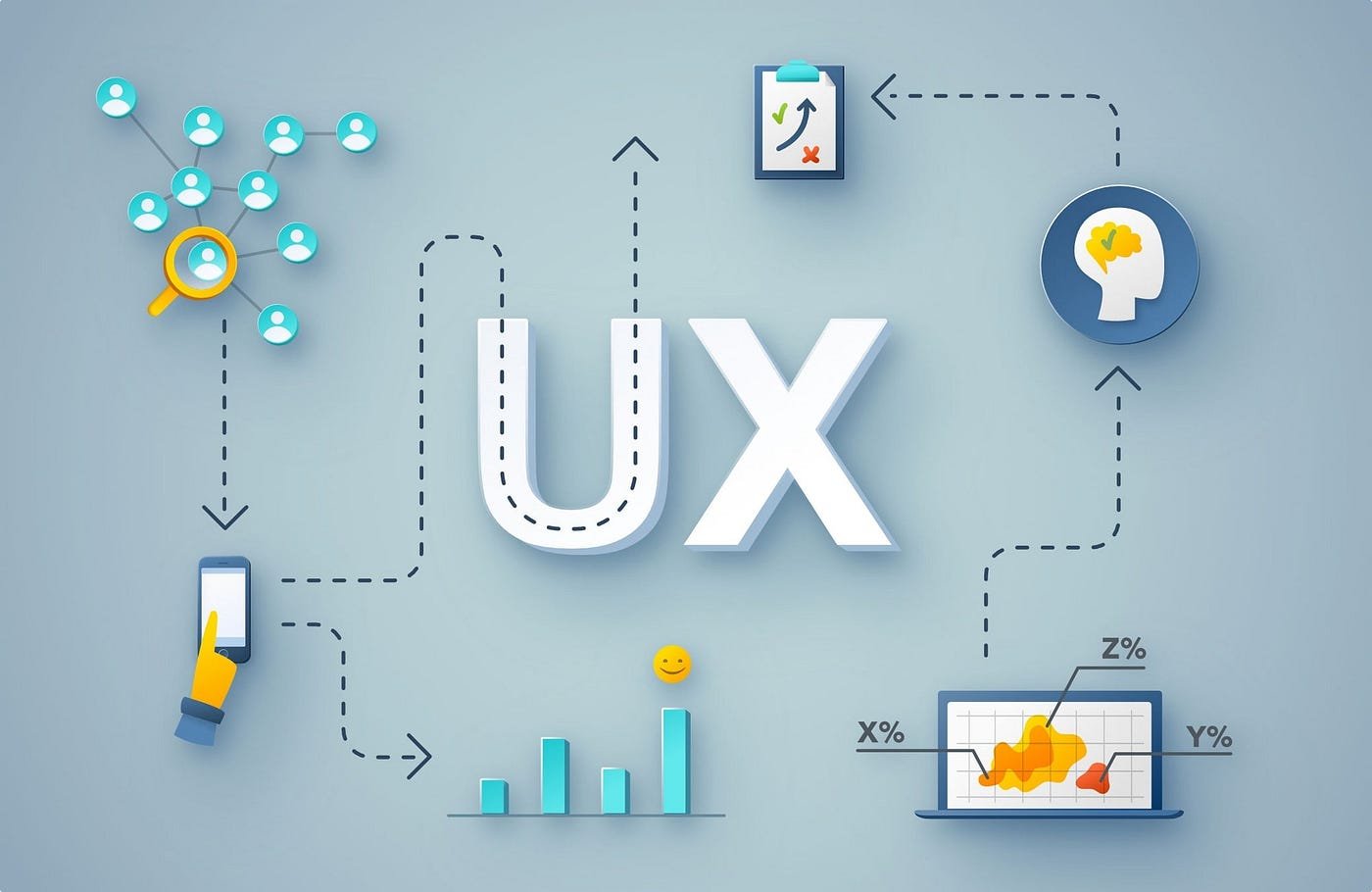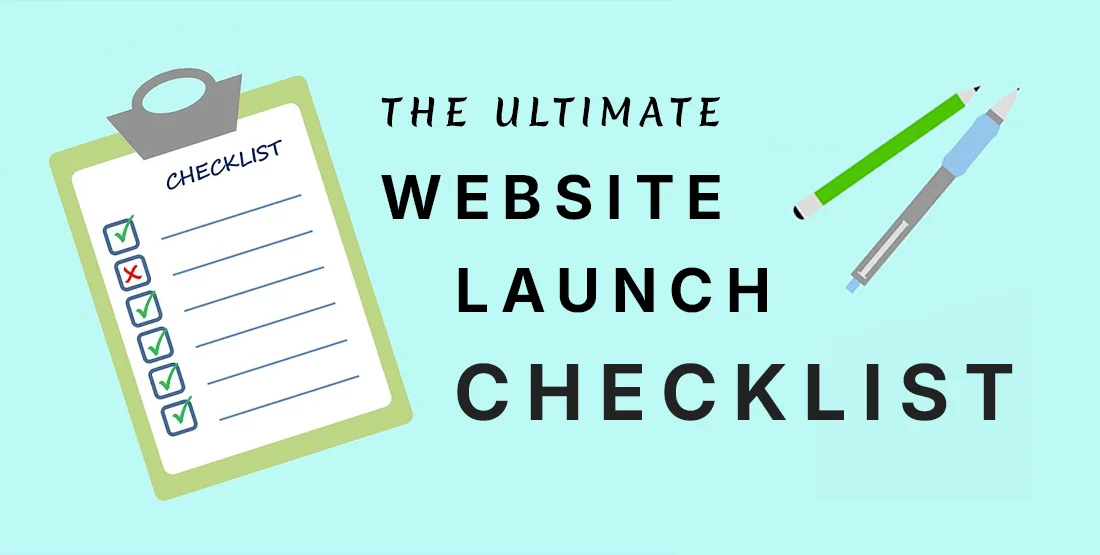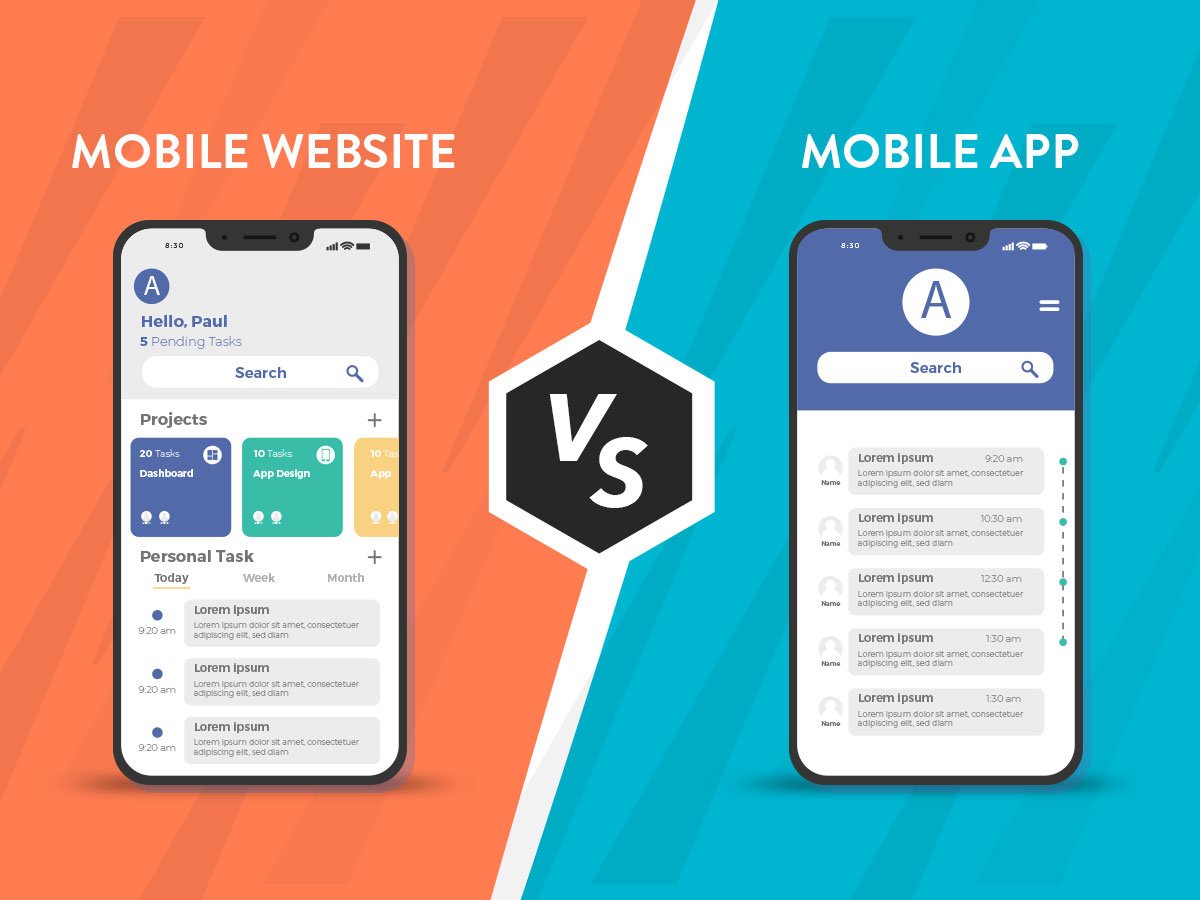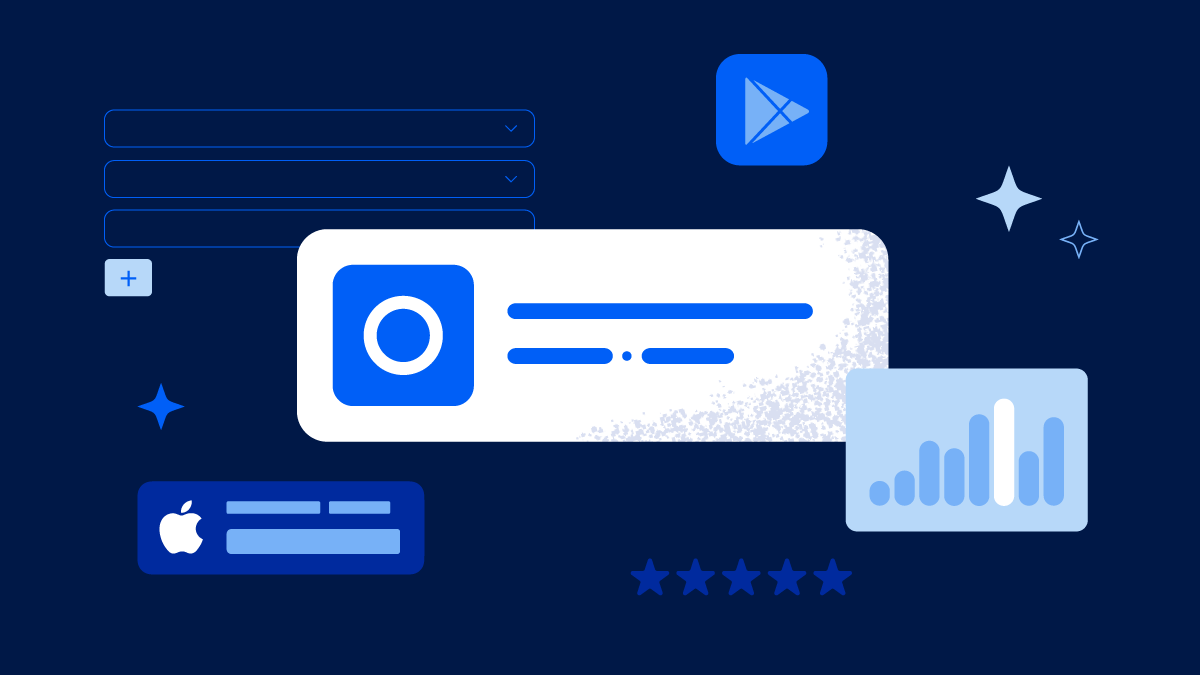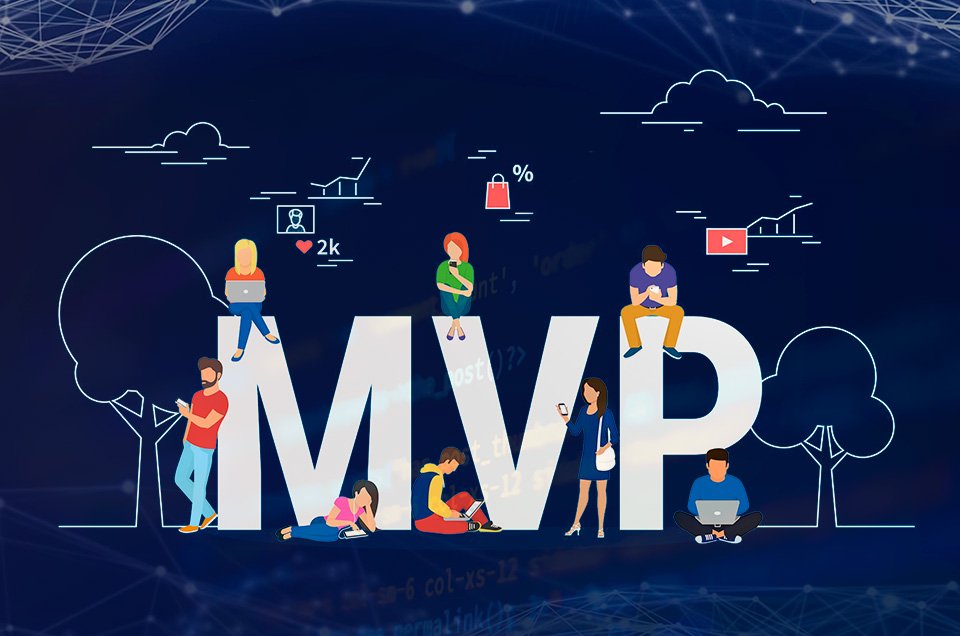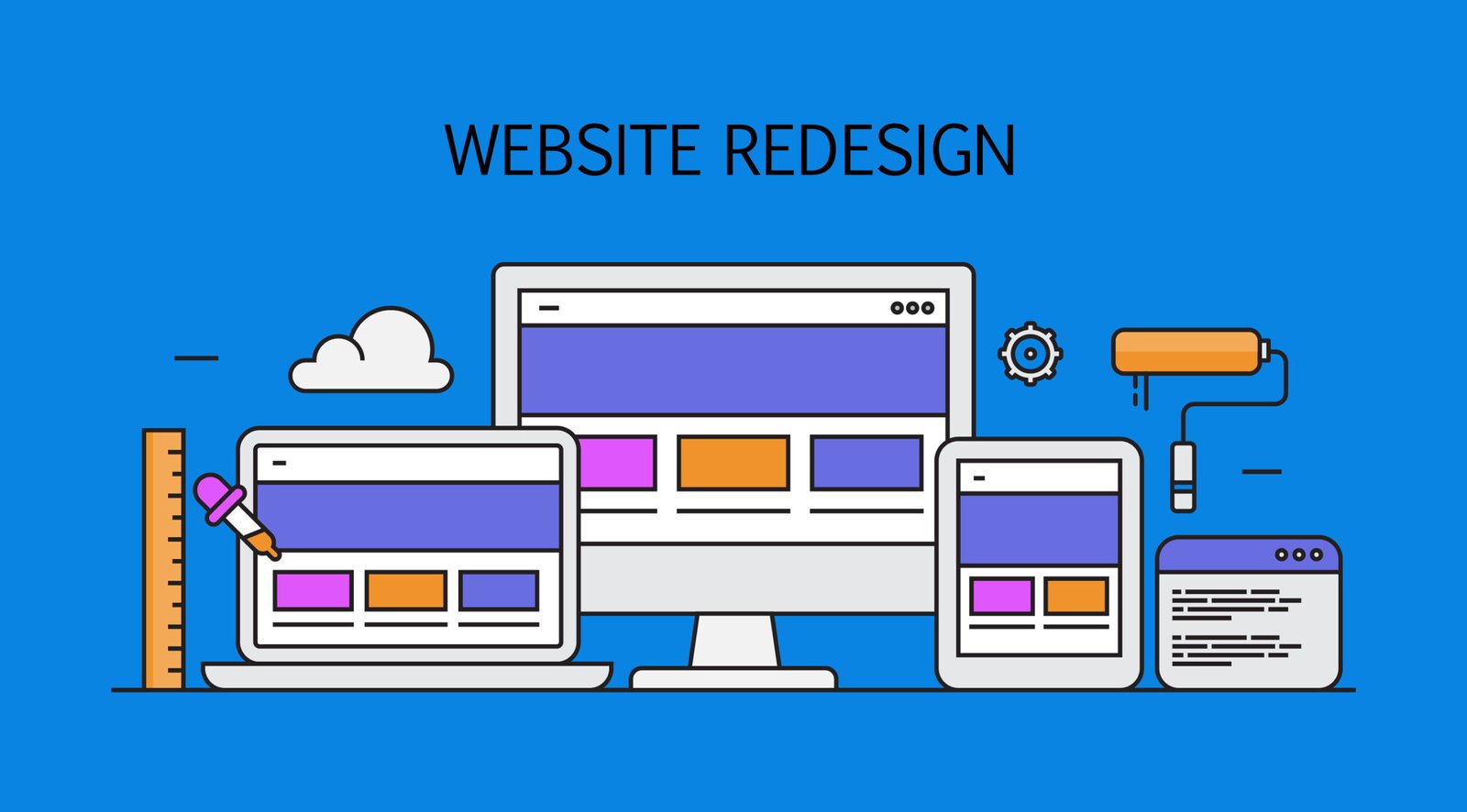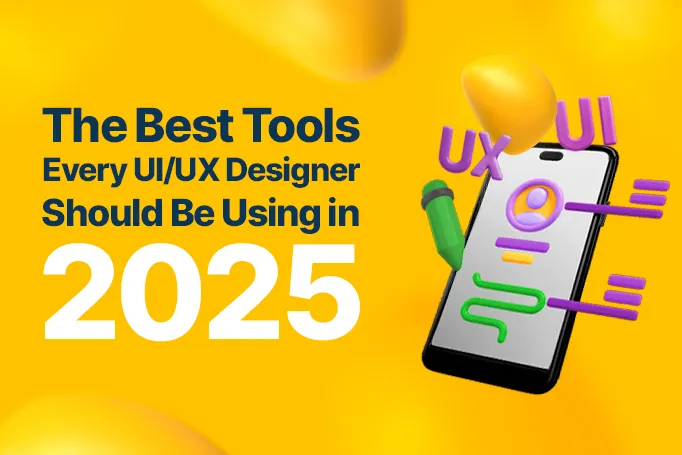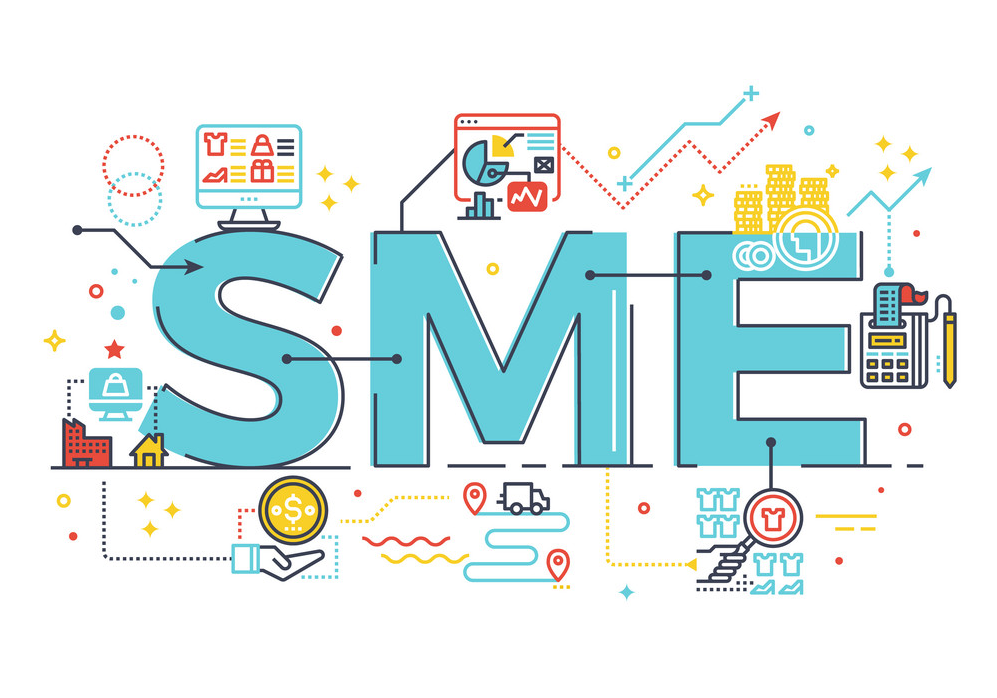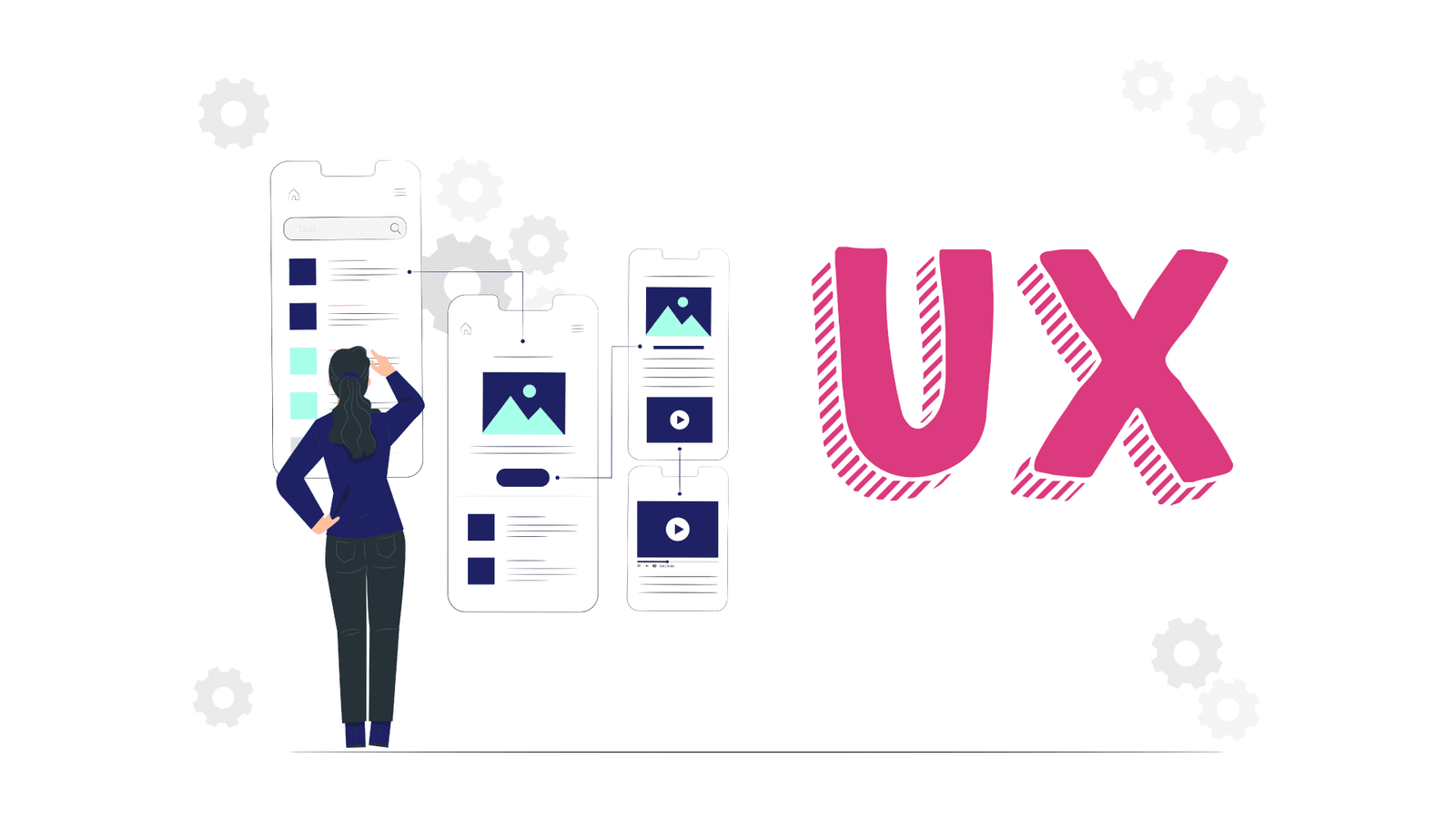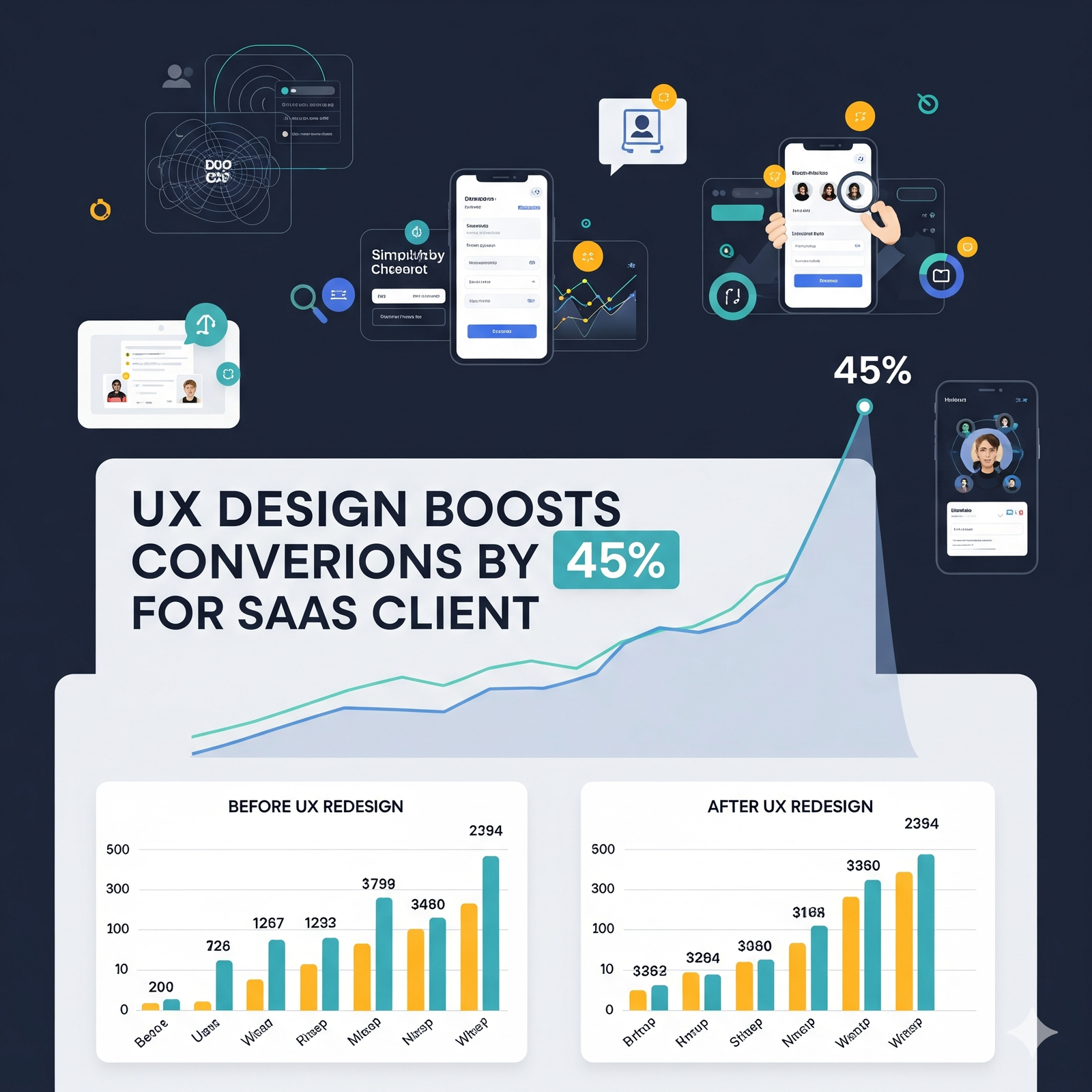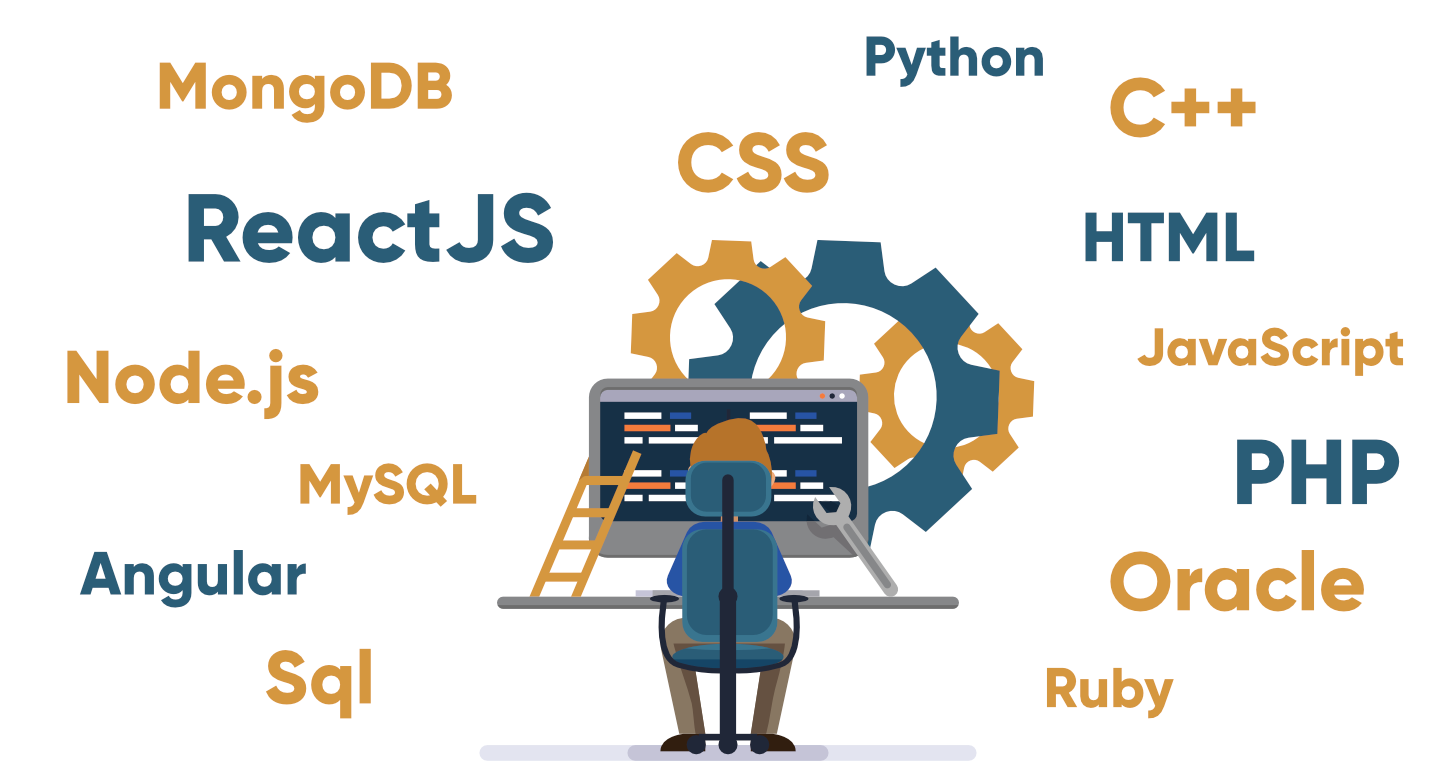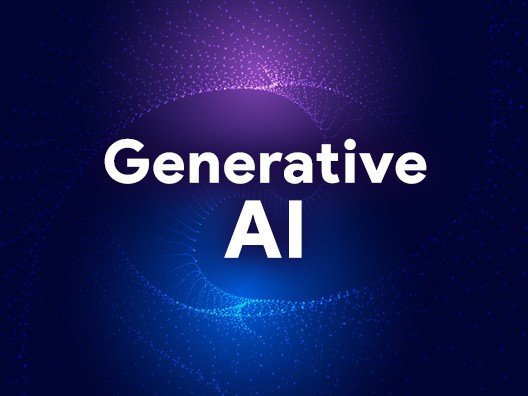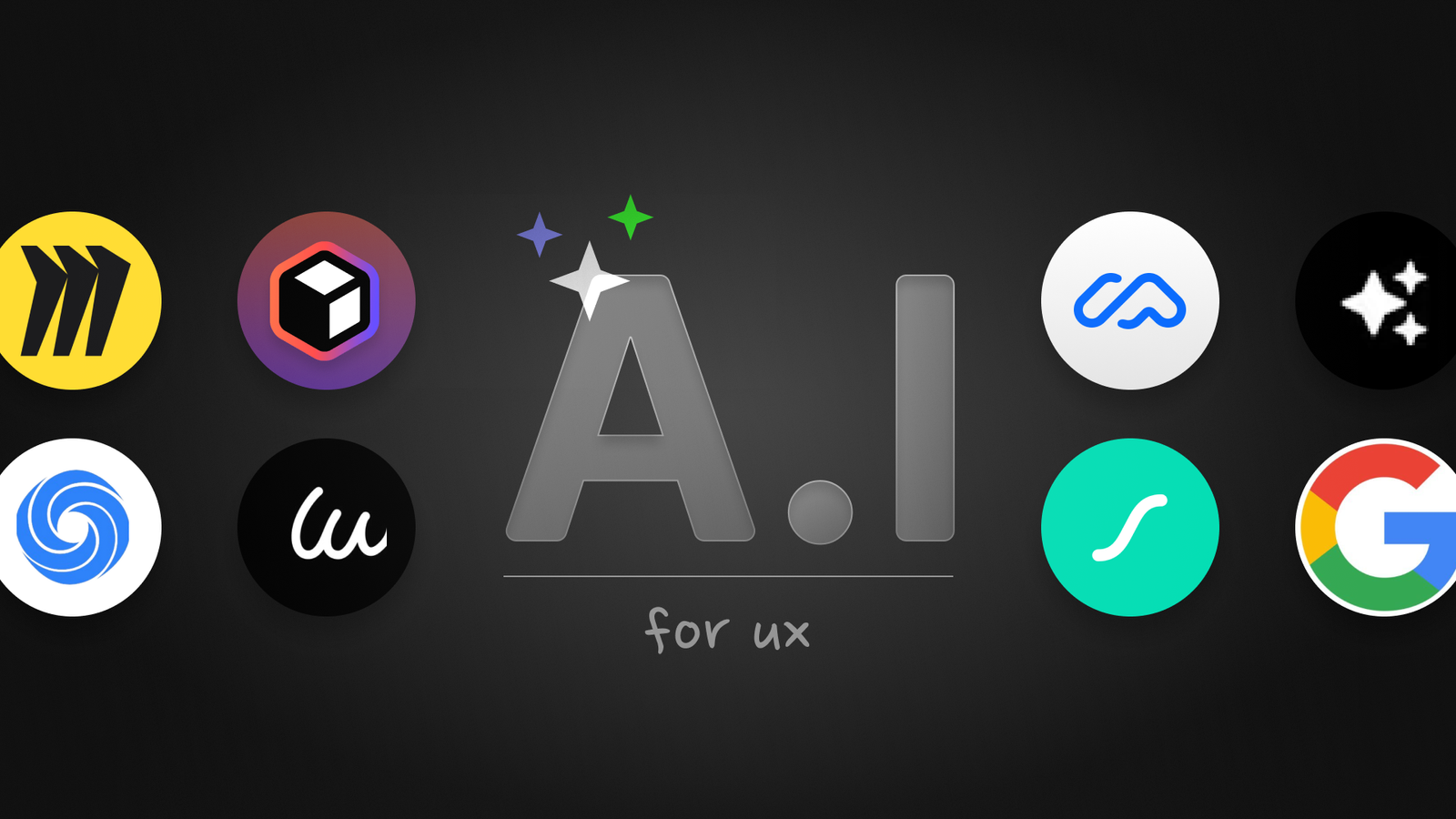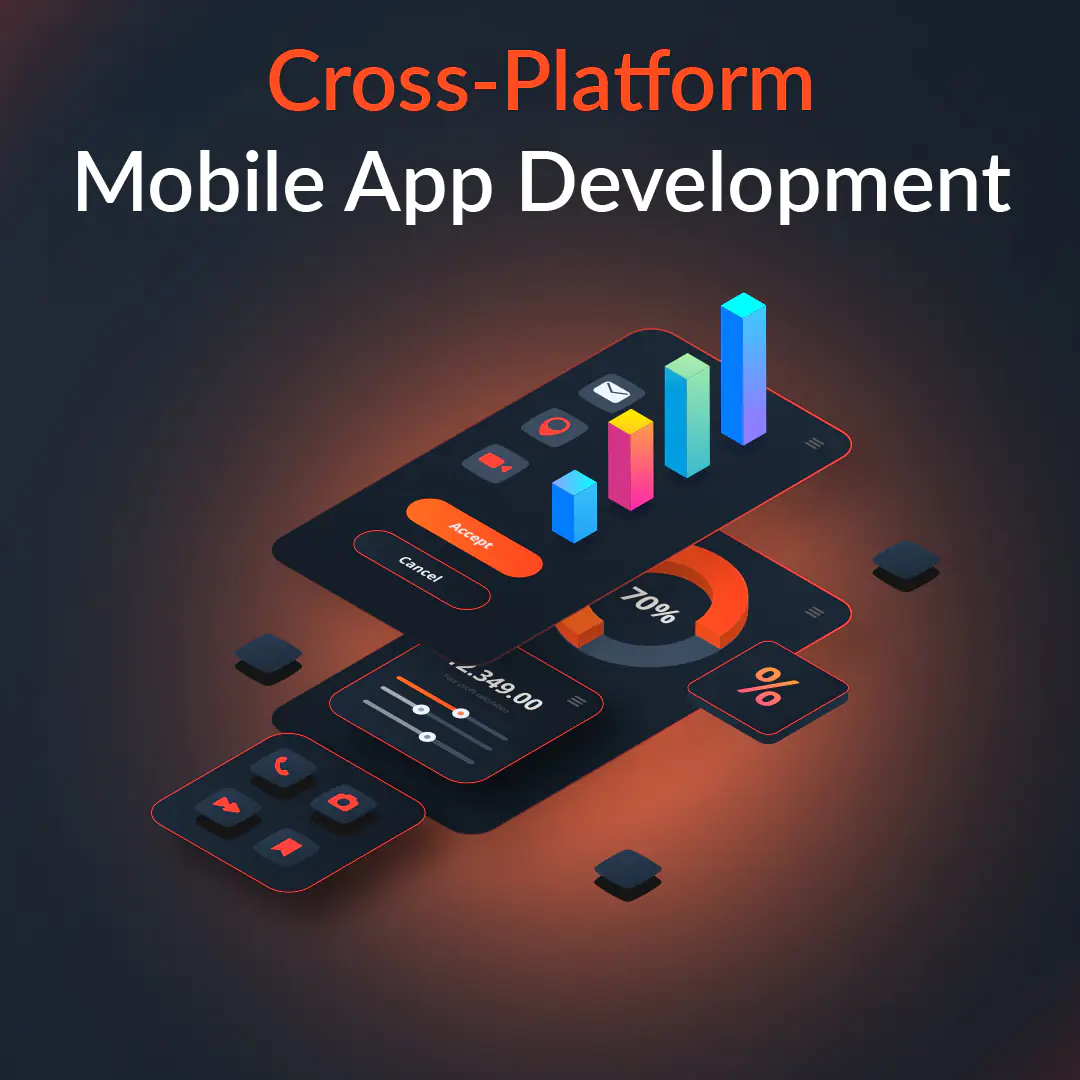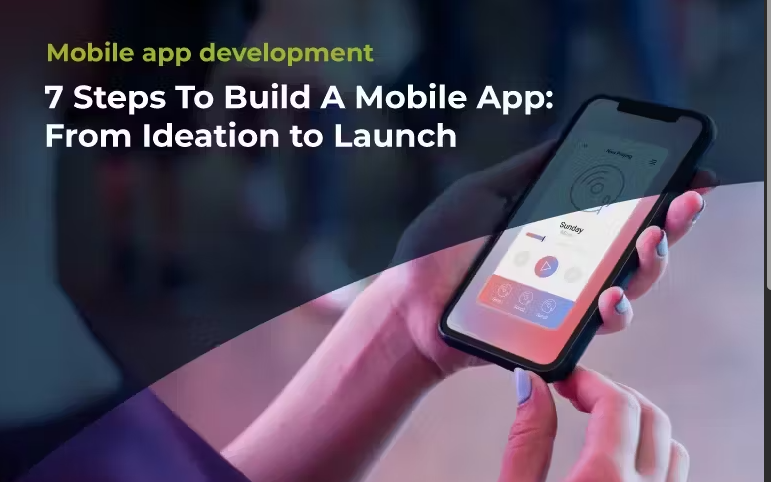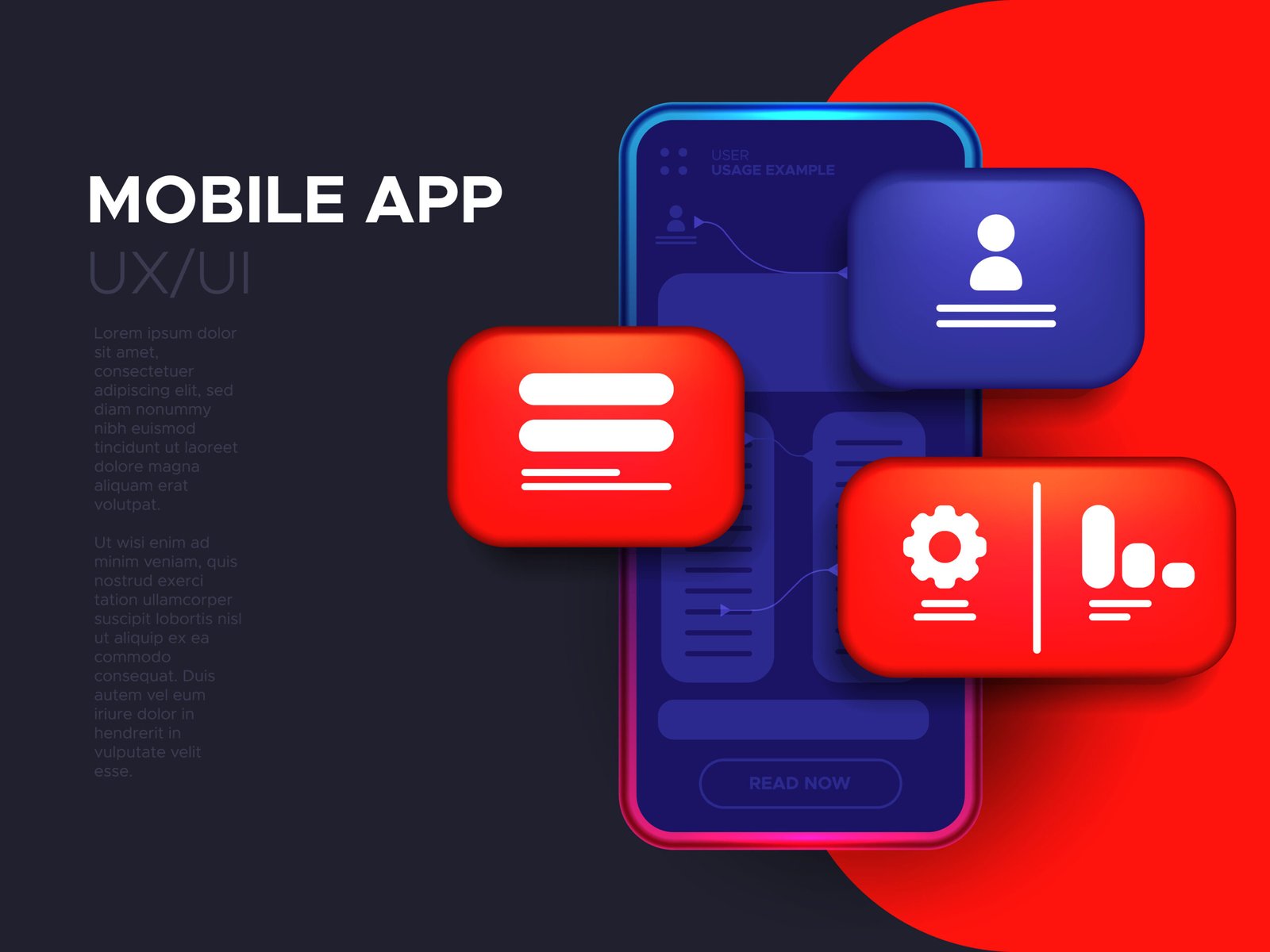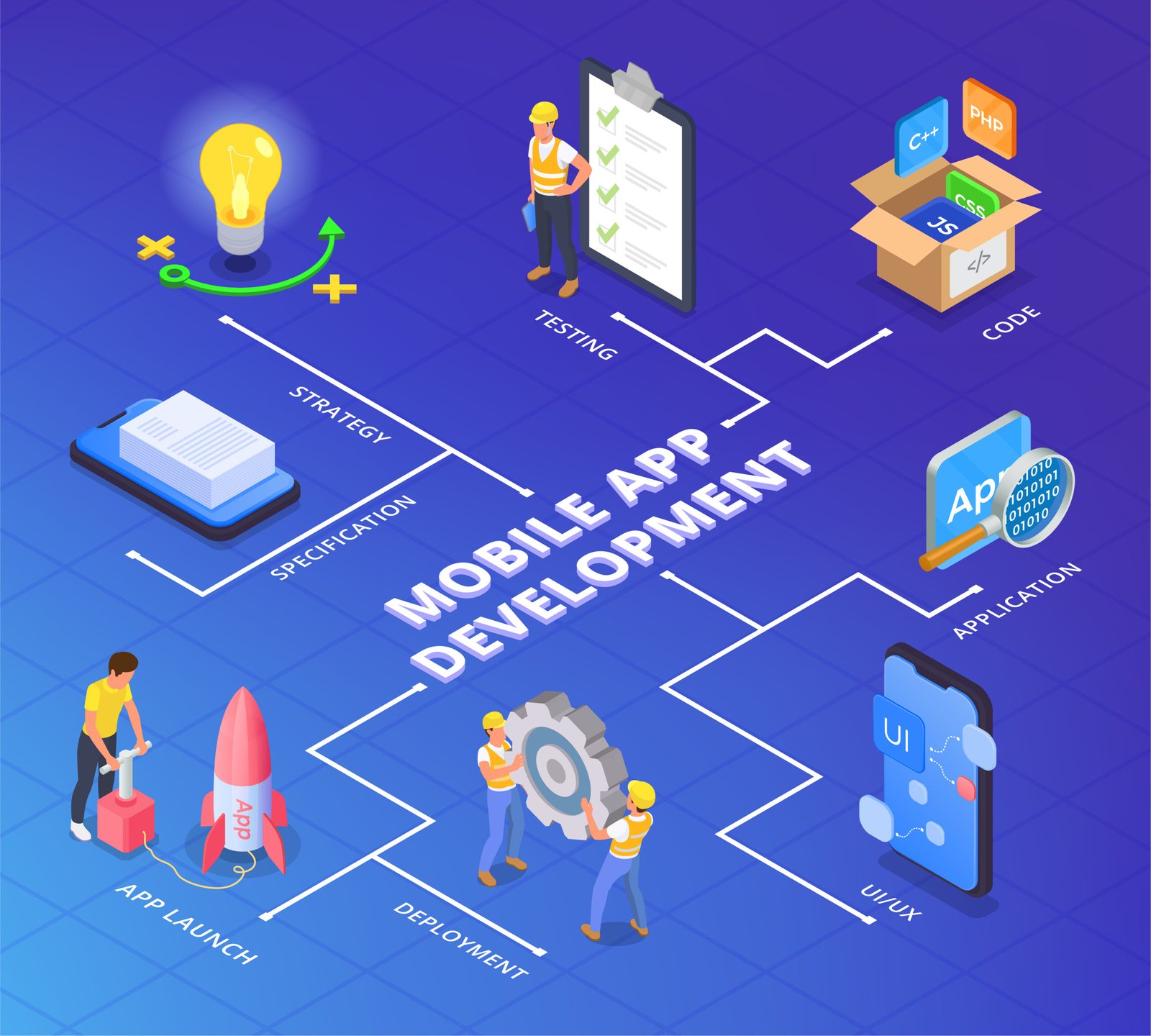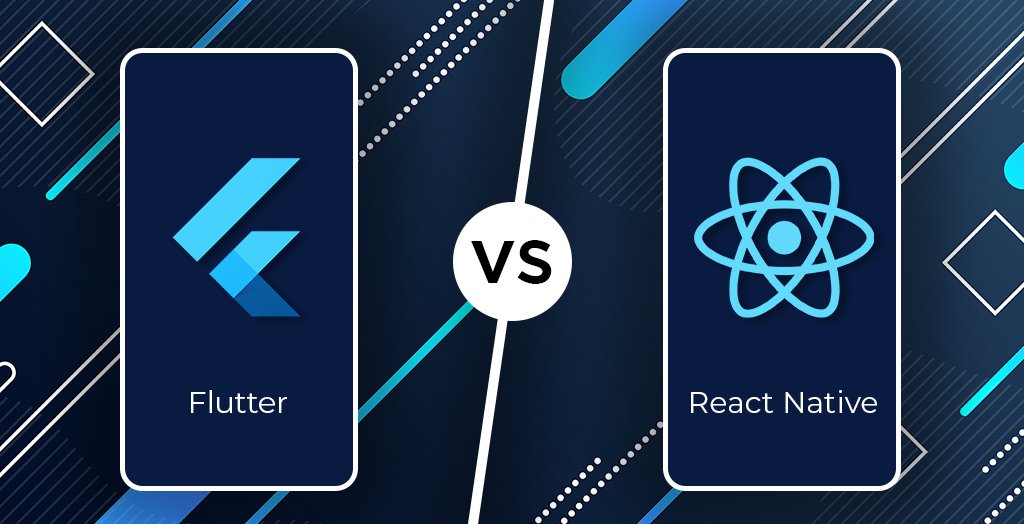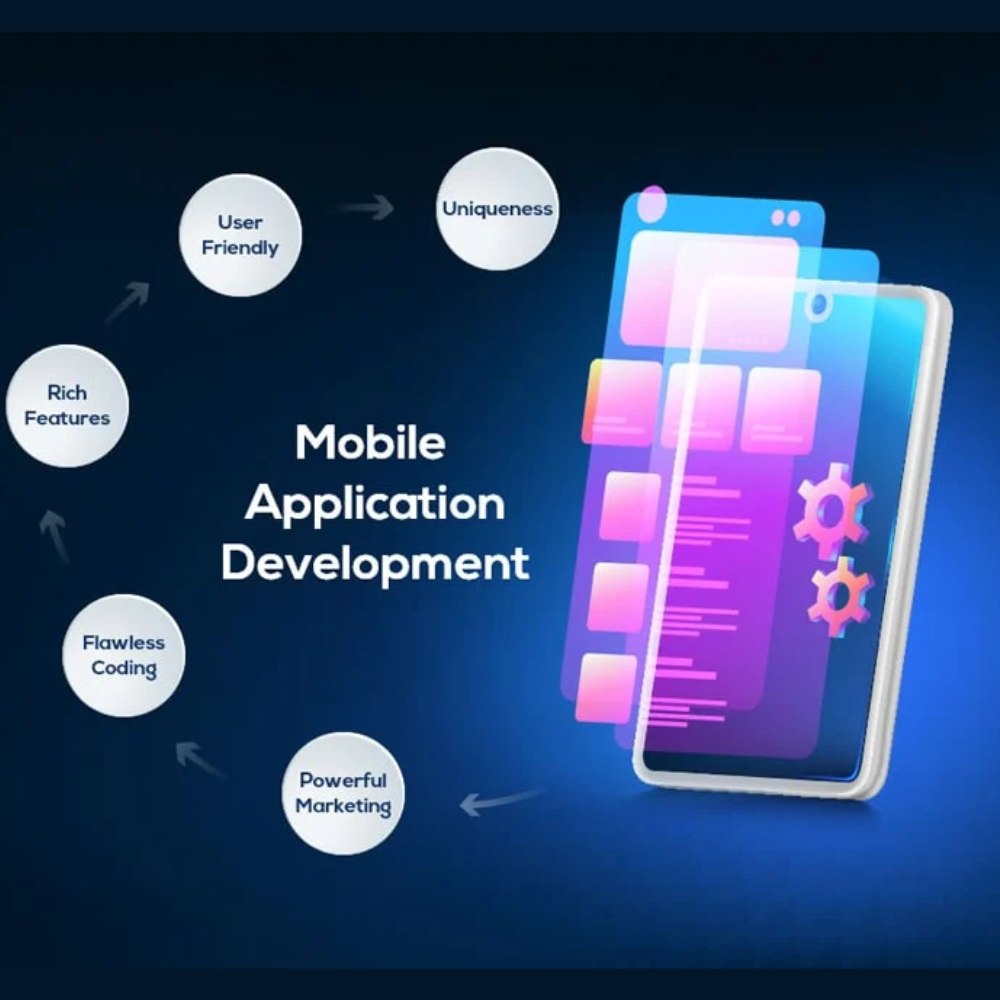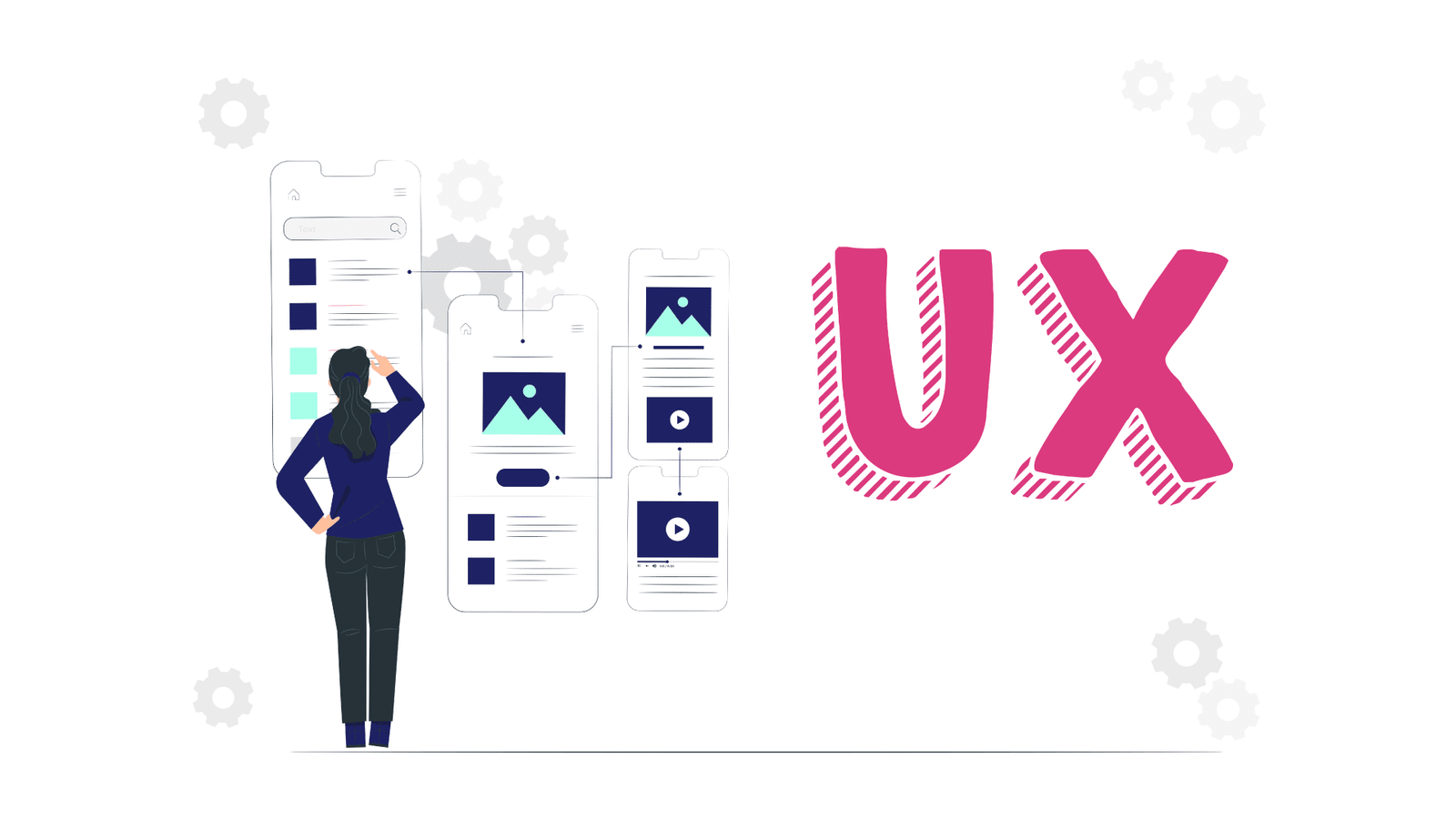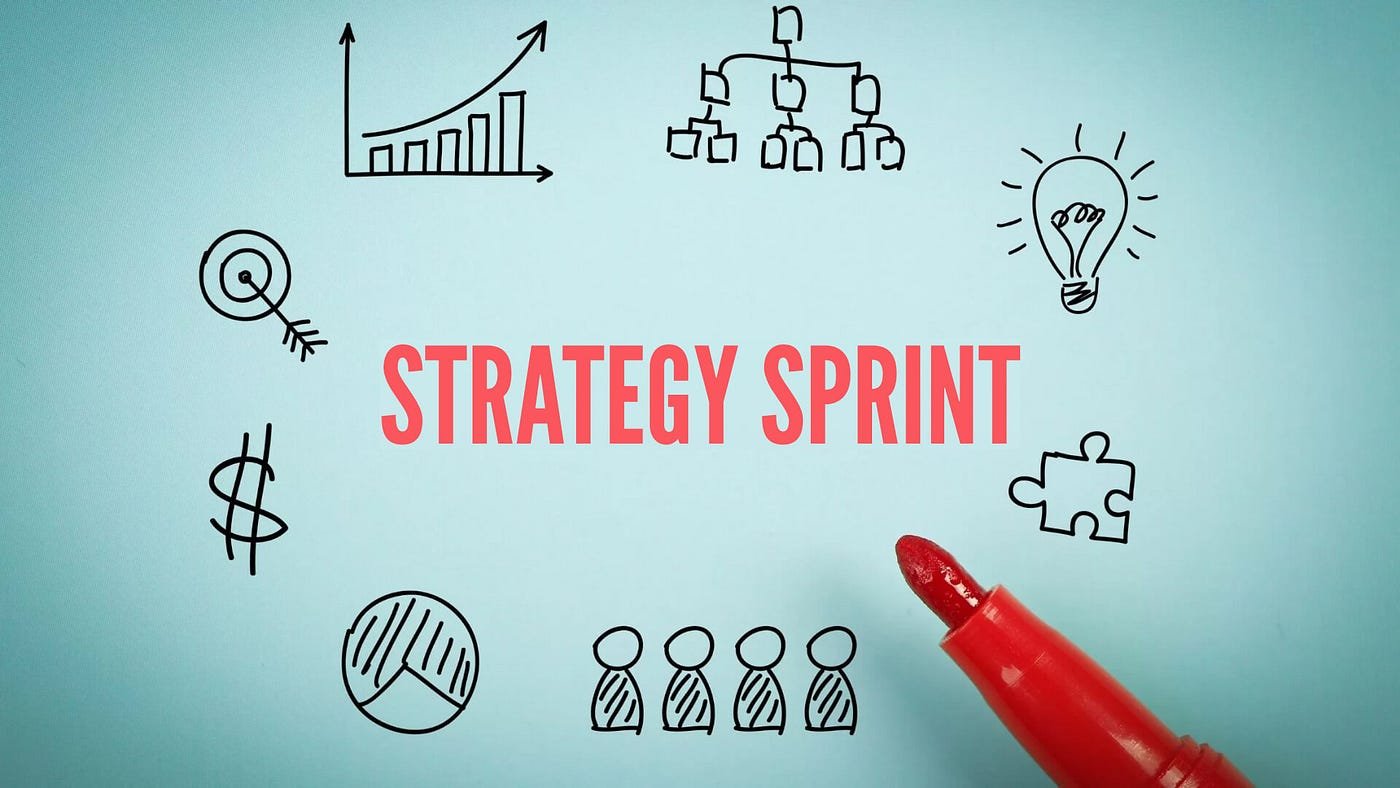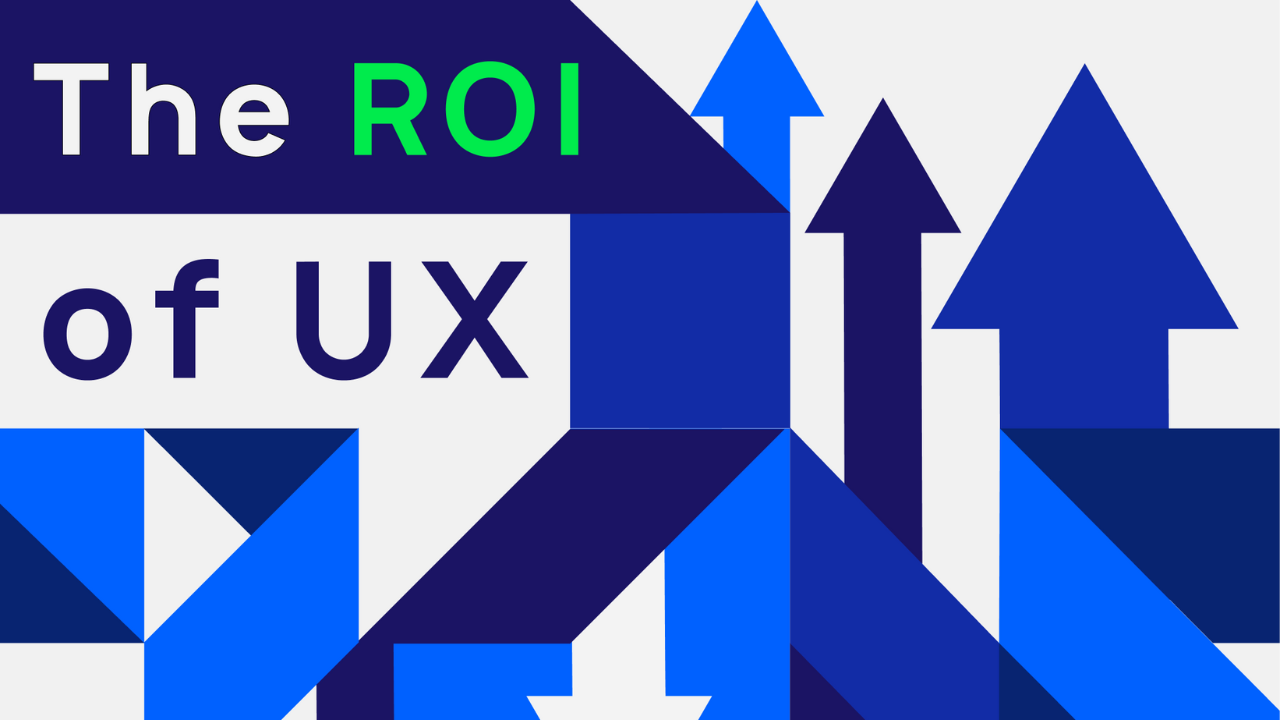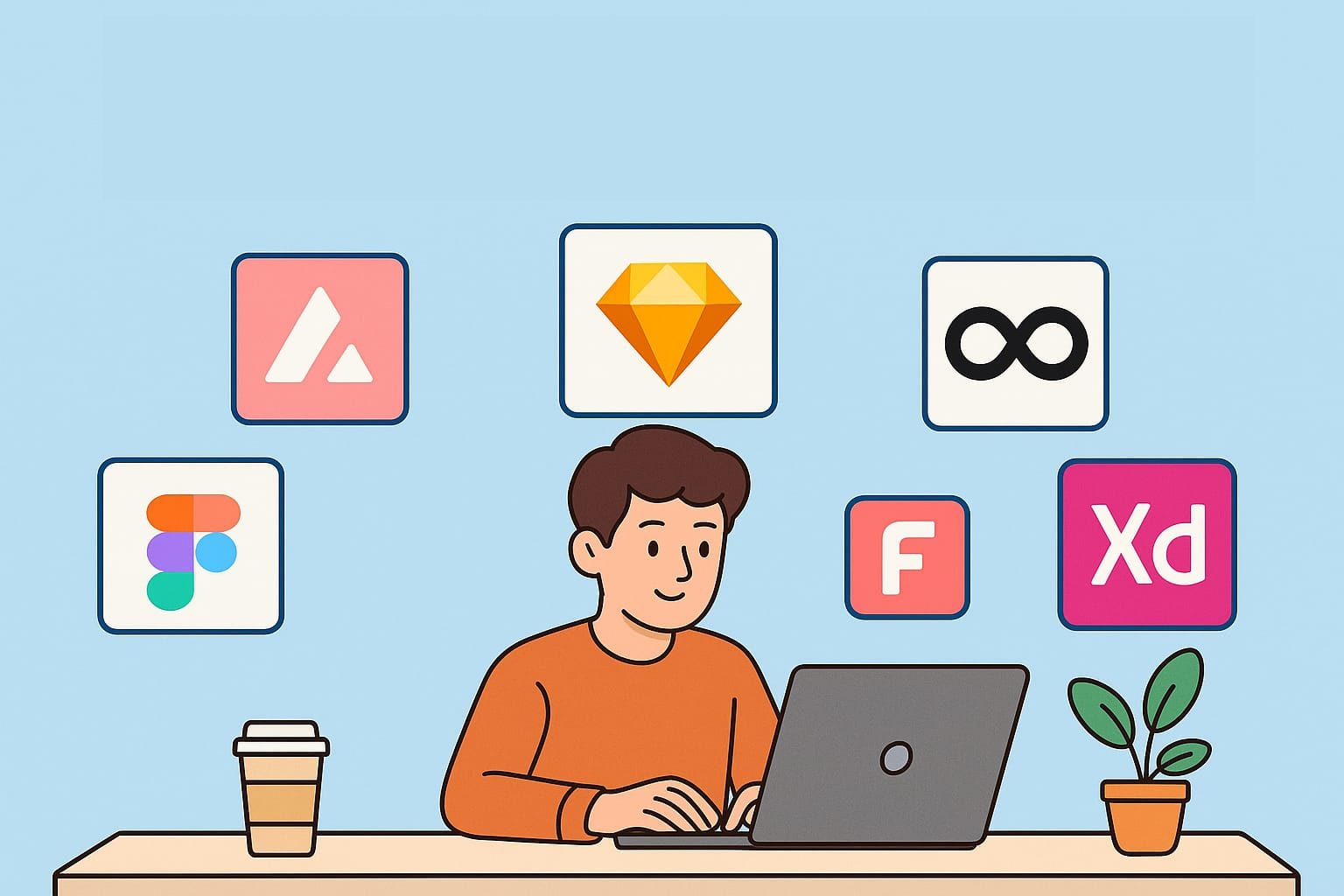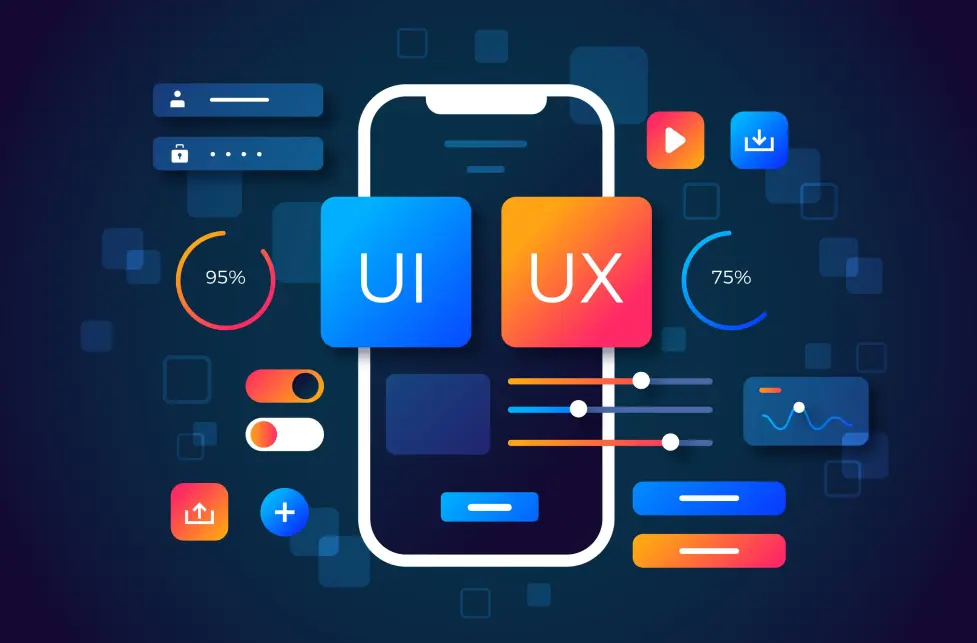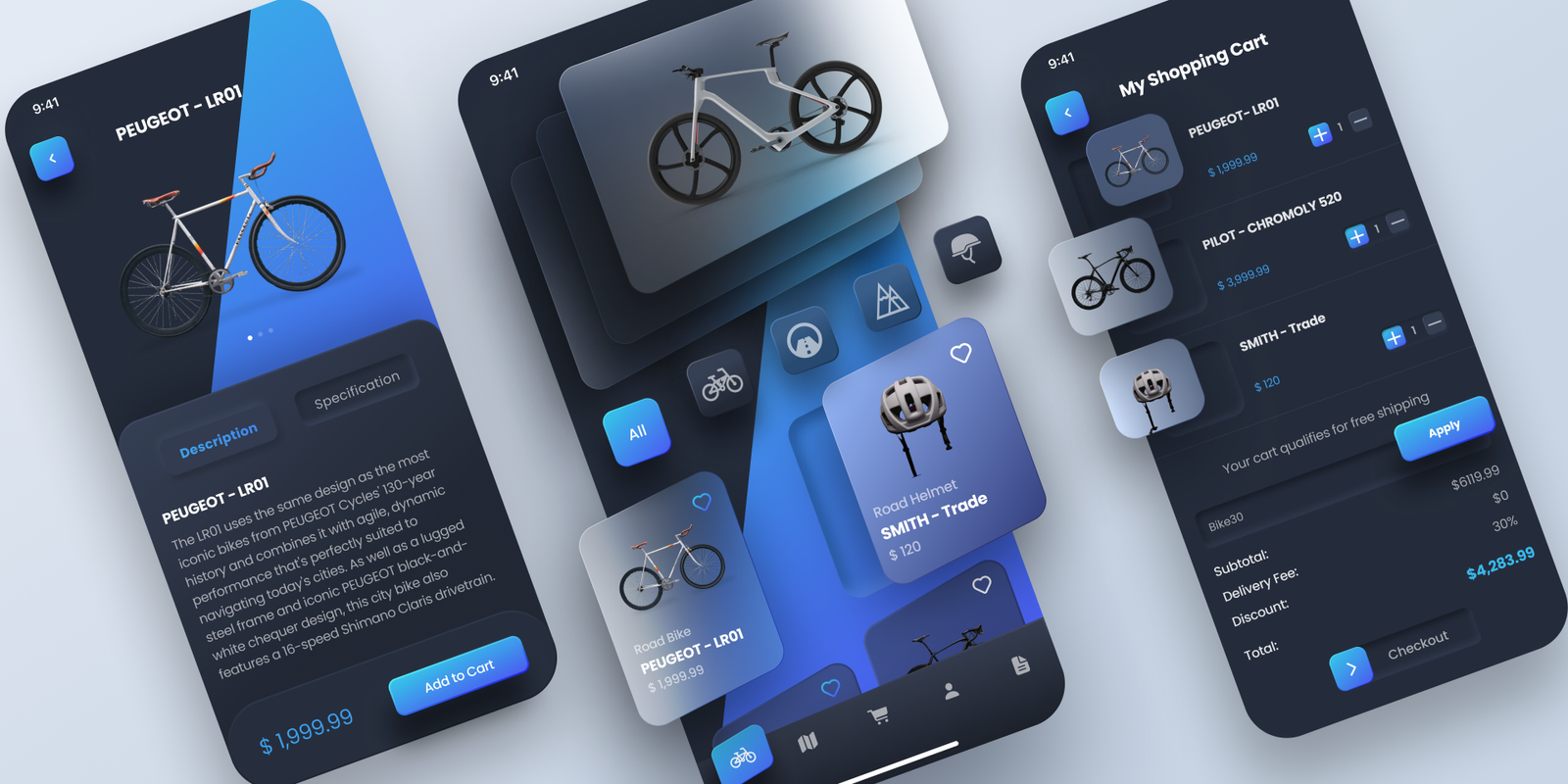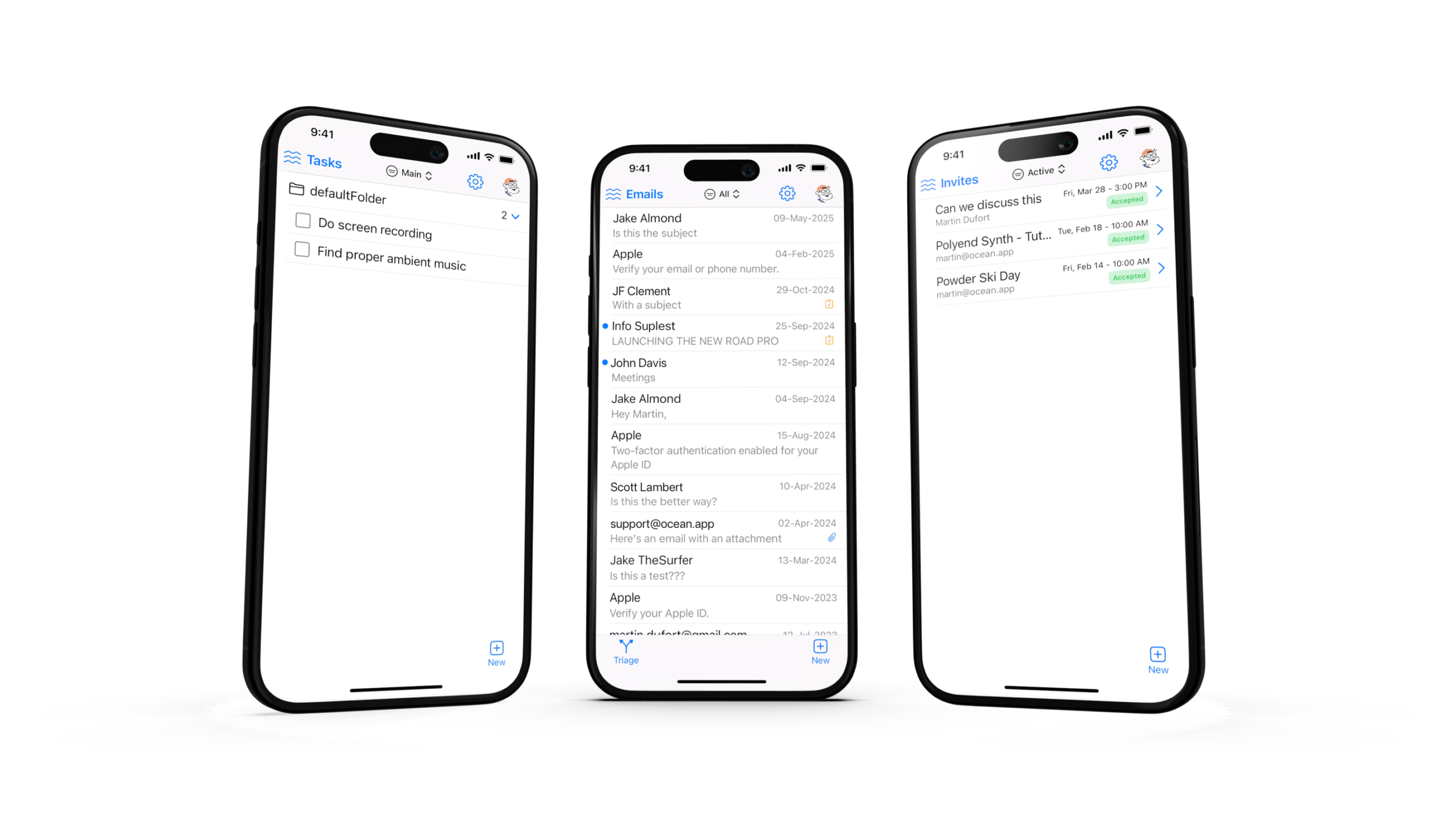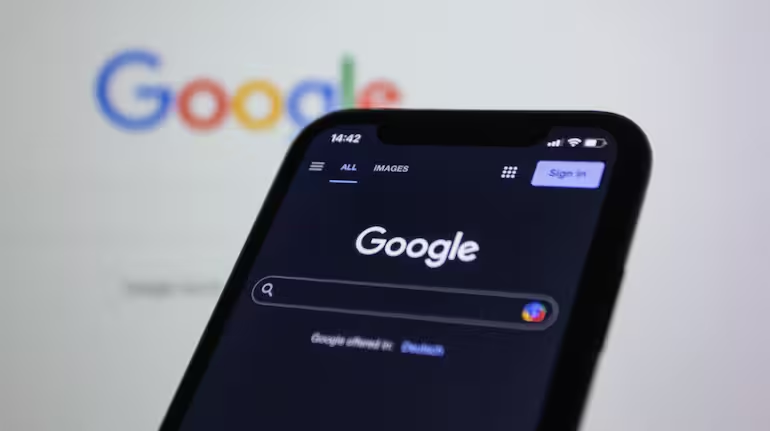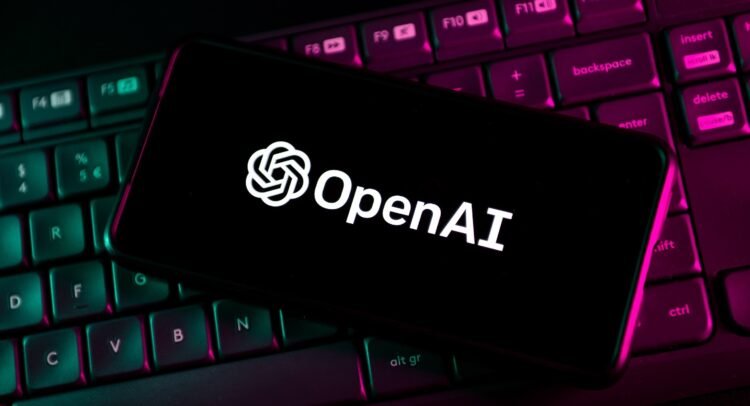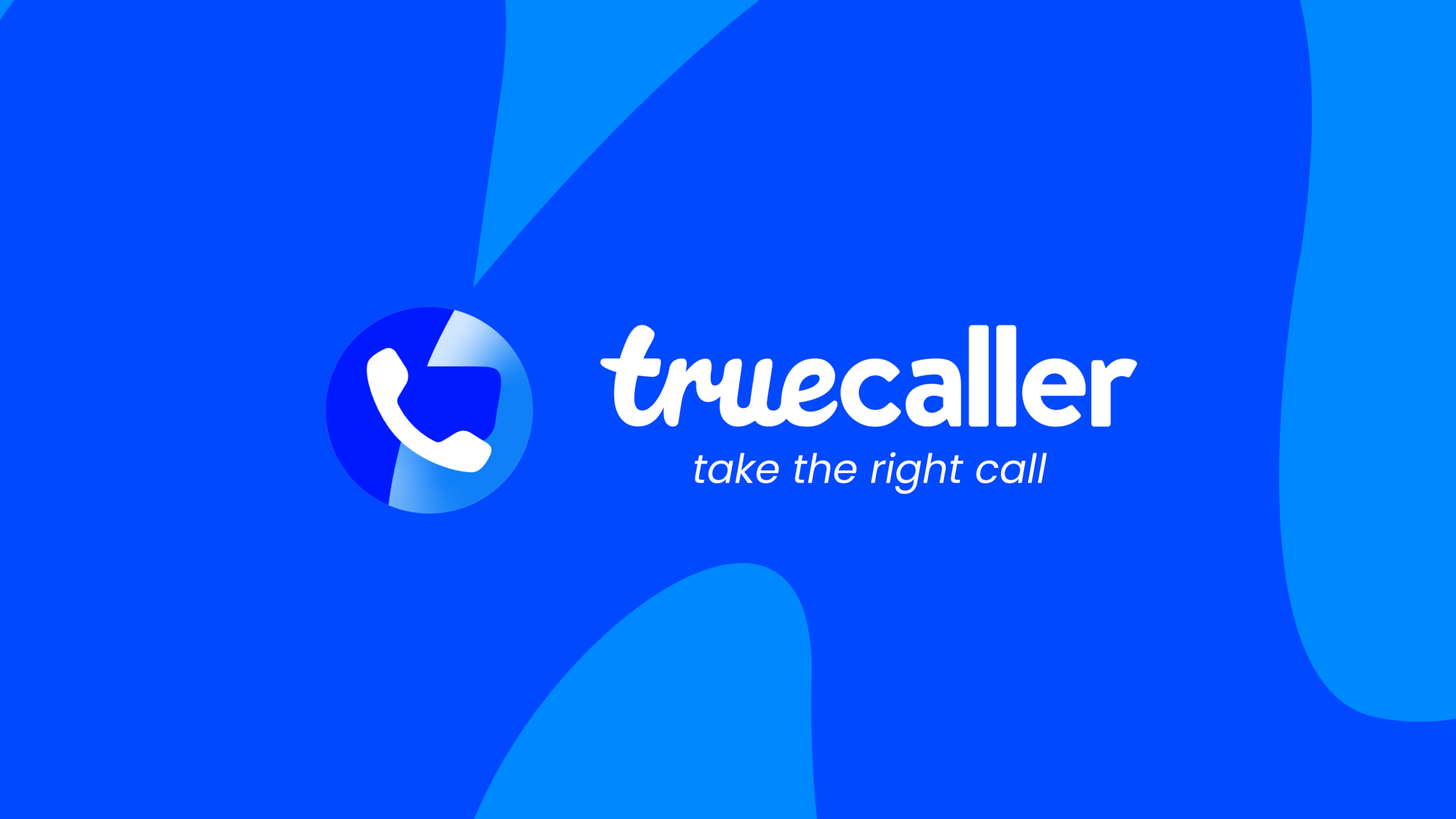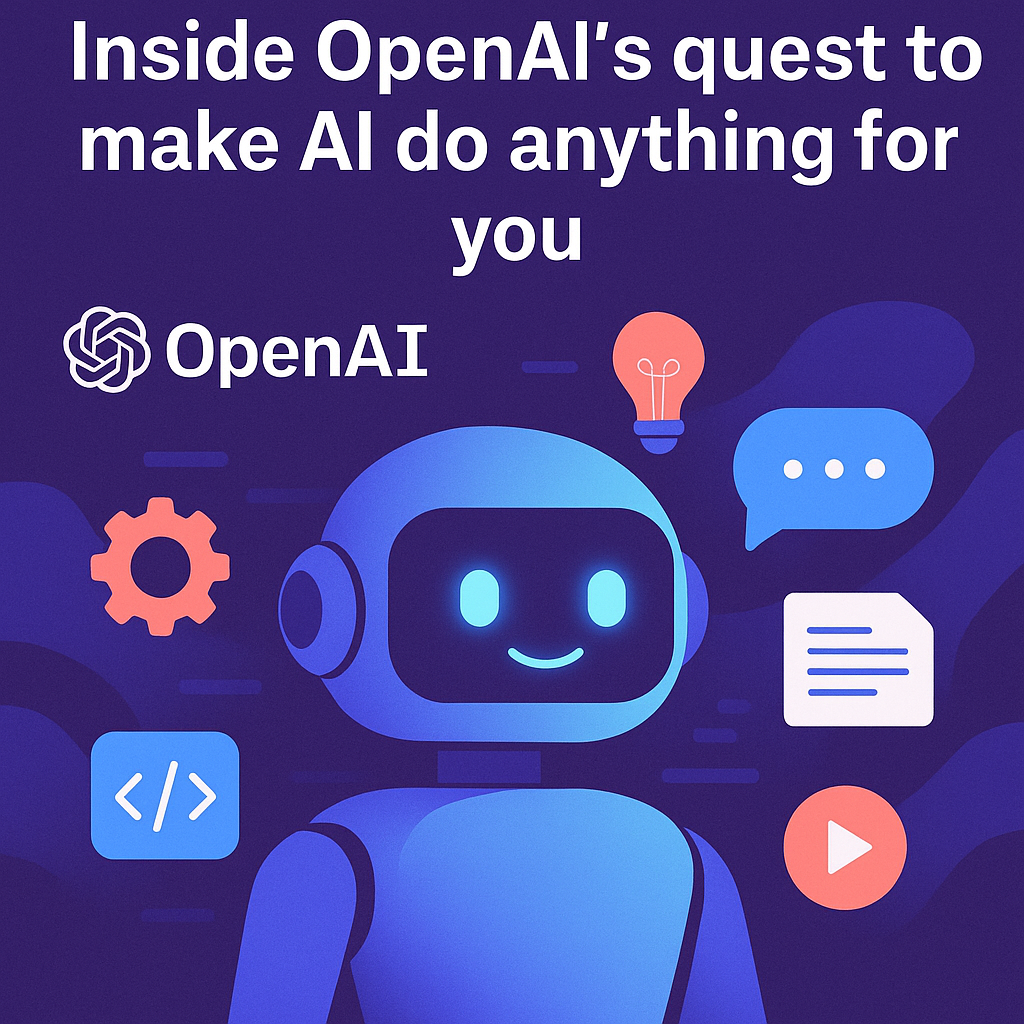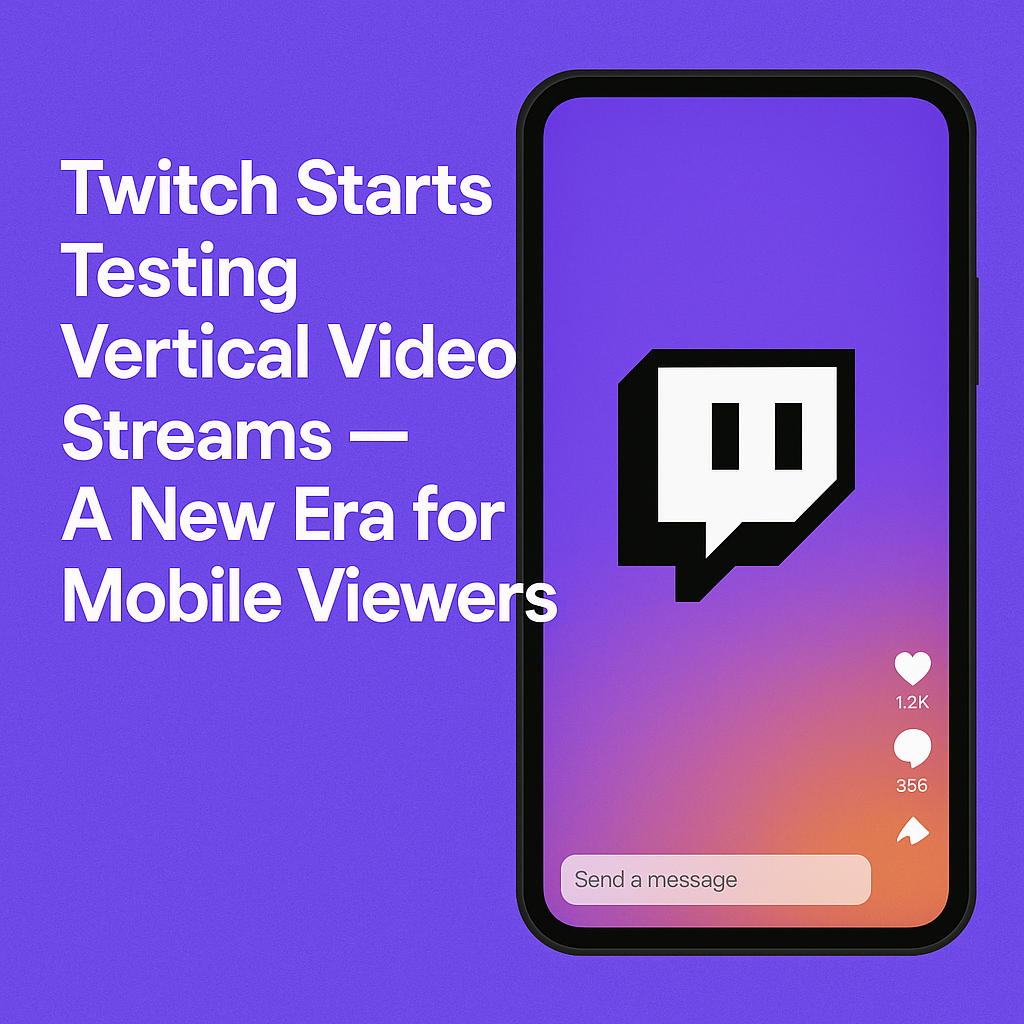Google has begun integrating AI-generated summaries into Google Discover, its popular content recommendation feed. While this update is designed to help users quickly understand what an article is about, it has sparked serious concerns among publishers. The fear? That users may stop clicking through to the original article — leading to yet another decline in web traffic for content creators.

What is Google Discover?
Google Discover is a mobile feature within the Google app that suggests articles, videos, and news based on your interests. It drives millions of clicks daily, especially for news websites, blogs, and publishers focused on SEO.
Until now, Discover showed a headline, thumbnail, and short meta-description. But with the latest update, it’s testing AI-generated previews that summarize content in just a few lines — potentially giving readers no reason to click.
The New Feature: AI-Powered Summaries
Google’s AI will now automatically summarize content from selected web pages and display this short preview inside the Discover card. This means that:
- Users can get the gist of an article at a glance
- The preview is AI-generated, not written by the publisher
- There’s no compensation or traffic guarantee for publishers
Why Publishers Are Worried
For years, publishers have relied on Google Discover for free traffic. But now, they fear that AI summaries will reduce click-through rates (CTR), leading to:
- Fewer ad impressions and revenue
- Lower user engagement on their actual sites
- Decreased brand exposure
- More dependency on tech platforms that don’t share profits
Some even argue this is a form of content scraping, where Google benefits from a publisher’s hard work without offering anything in return.


What Google Says
Google claims the feature is in experimental stages and part of its broader push to improve user experience. According to them:
“Our goal is to help users find the information they need more efficiently. AI summaries are designed to guide — not replace — deeper reading.”
However, critics say this could be a slippery slope, especially with no clear opt-out for publishers.
Is This the Future of Content Discovery?
This move is part of a larger trend: AI taking over traditional search and content discovery. With Google’s SGE (Search Generative Experience), ChatGPT’s browsing capabilities, and Meta’s AI tools, the entire web ecosystem is being reshaped.
But without fair compensation models, publishers may stop investing in quality journalism — and that’s a loss for everyone.
What Can Publishers Do?
While there’s no silver bullet, here are a few strategies:
- Diversify traffic sources (social media, newsletters, direct app traffic)
- Focus on exclusive or interactive content not easily summarized
- Push for regulation or negotiation on AI usage rights
- Optimize headlines and visuals to still attract attention in Discover
sources:Techcrunch

